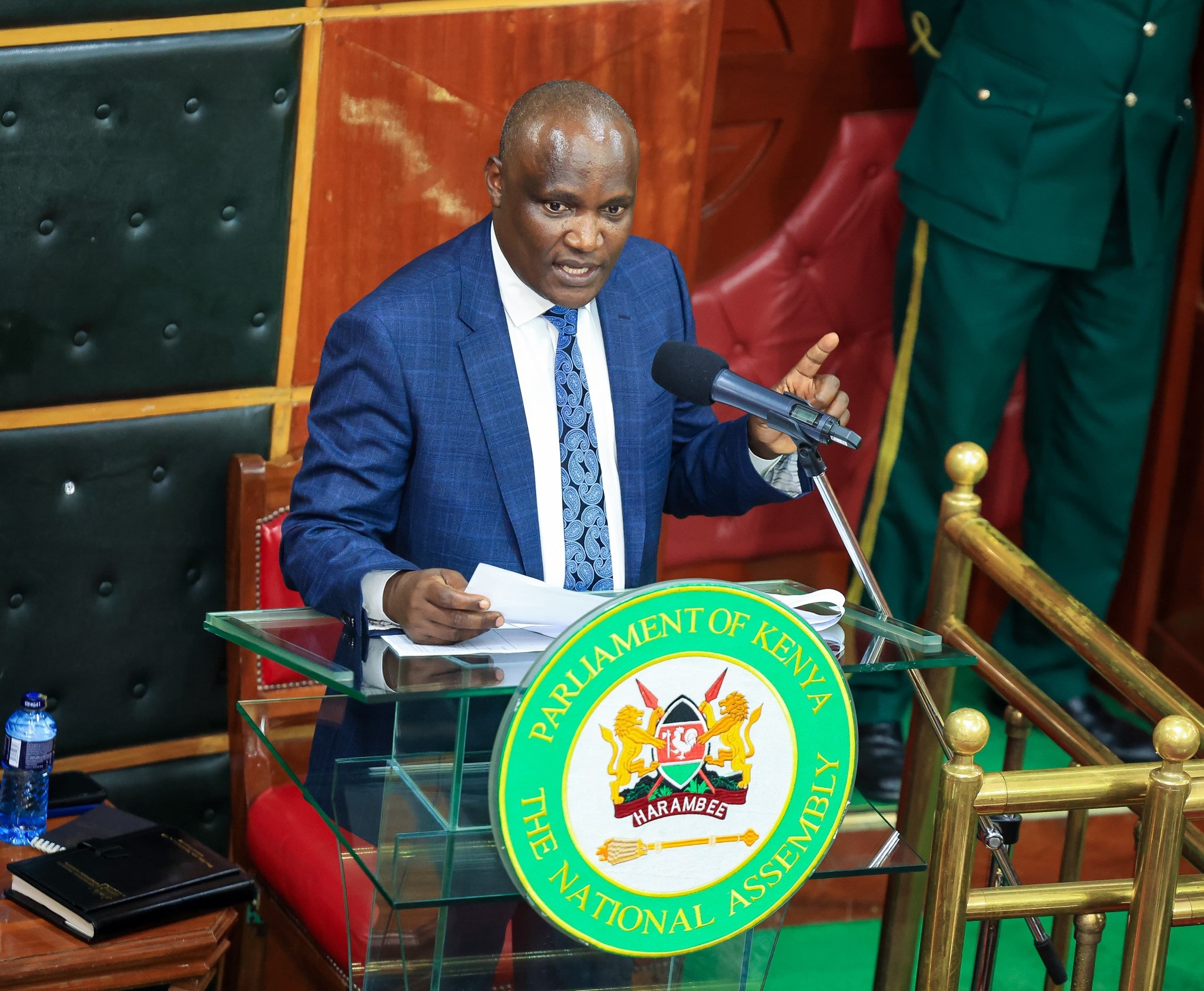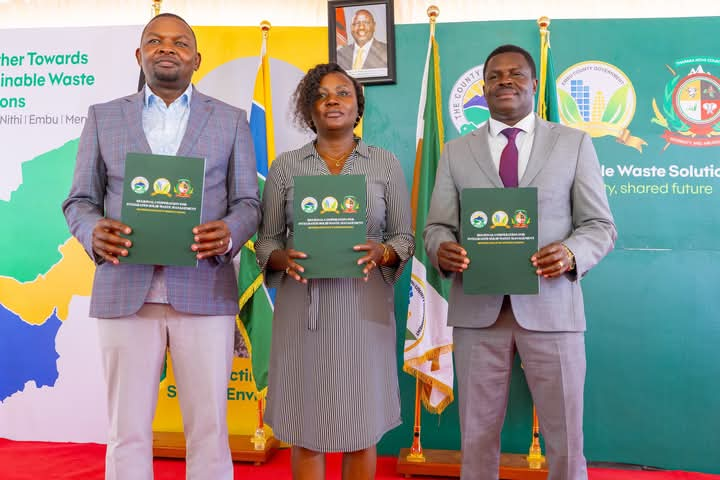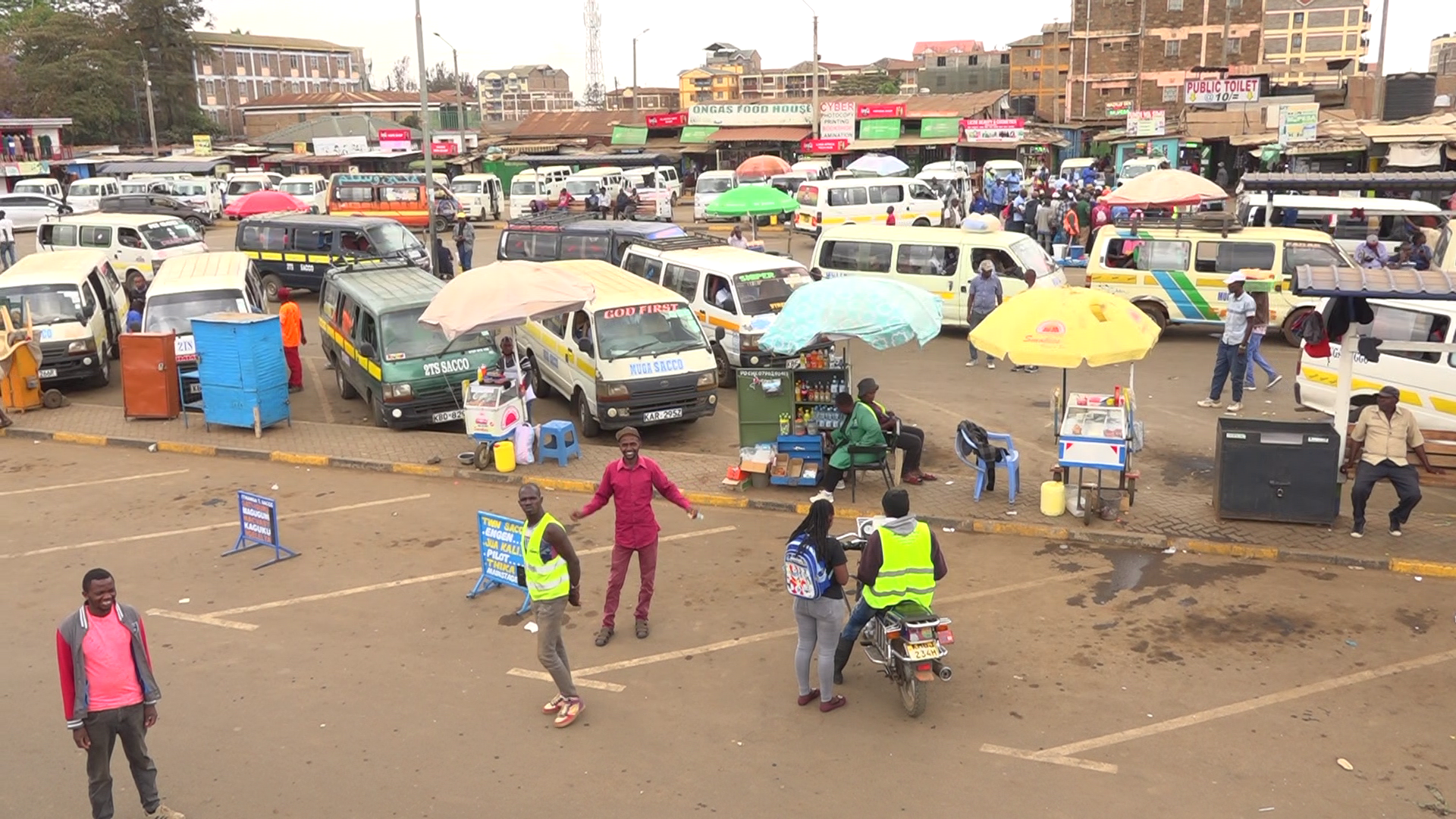The agricultural sector faces a significant setback following a substantial budget cut in the latest national allocation.
Treasury Cabinet Secretary John Mbadi announced a reduction of Ksh7 billion for agriculture, bringing the total allocation to Ksh47.6 billion down from Ksh54.6 billion in the previous fiscal year.
This move has sparked considerable concern, with warnings that it could lead to increased food insecurity and undermine the nation’s economic stability.
Despite the reduction, CS Mbadi affirmed the government’s commitment to the sector.
“The government has allocated Ksh47.6 billion for various programmes under the sector despite the fact that agriculture is devolved. The national government is committed to support the sector through input financing, subsidies and extension services,” he stated in Parliament.
CS Mbadi emphasised that these measures are intended to transition Kenya from a food deficit nation to one of surplus, reducing reliance on imports and boosting export crops.
ALSO READ:
Kisumu County to sets up various interventions to empower SMEs; Deputy Governor reveals
However, the Agriculture and Livestock Committee has raised serious alarms regarding the underfunding of crucial programs. They highlight a Ksh1.5 billion shortfall for the Food Security and Crop Diversification Project and a massive Ksh10 billion deficit for the Fertiliser Subsidy Programme.
“These financial gaps could impact agricultural productivity, food availability, and overall economic stability,” the committee warned.
The committee further stressed the necessity of enhanced funding to achieve the objectives of the Bottom-Up Economic Transformation Agenda (BETA) and ensure the successful implementation of these initiatives.
The Kenya Seed Company, vital for providing subsidized maize seed to farmers struggling with rising costs and requiring Ksh1.7 billion, has also not received allocation. The committee fears this oversight will hinder timely access to essential planting materials, potentially escalating production costs for farmers.
“Without adequate support, agricultural productivity and food security could be affected, emphasising the need for budgetary intervention to sustain this subsidy programme and protect farmers from financial strain,” the committee asserted.
Similarly, the National Livestock Development and Promotion Service (NLDPS), which requires Ksh1.33 billion to coordinate the development, promotion, and marketing of livestock products, has also been left without funding. This lack of support for the NLDPS could cripple efforts to enhance the livestock sector, a key contributor to rural livelihoods and national food security.
By Cornelius korir
Get more stories from our website: Sacco Review.
For comments and clarifications, write to: Saccoreview@
Kindly follow us via our social media pages on Facebook: Sacco Review Newspaper for timely updates
Stay ahead of the pack! Grab the latest Sacco Review newspaper!



